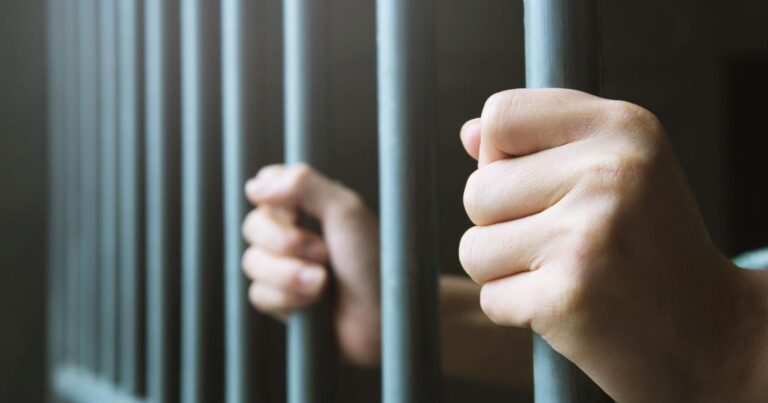“My story can change things” – Pieper Lewis, September 13th 2022
Joint statement regarding the sentencing of Piper Lewis prepared by the Iowa Network Against Human Trafficking and Slavery and Shared Hope International In sentencing child sex trafficking survivor, Pieper Lewis, on September 13, 2022, Judge David Porter stated, “Ms. Lewis, this is the second chance you asked for. You don’t get a third. Do you…










